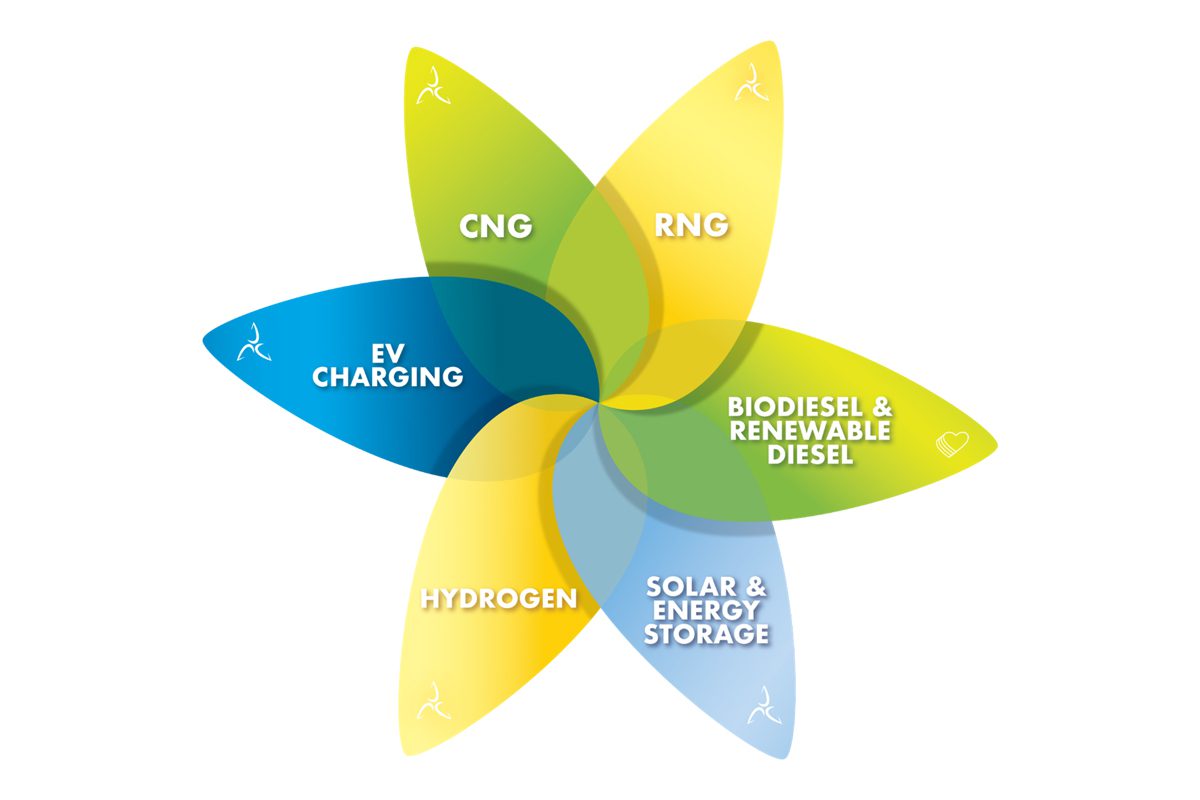Corporate environmental, social, and governance (ESG) goals are transitioning from a buzz word to something companies need to proactively implement. ESG reports demonstrate how companies are taking the initiative to protect the environment, address social issues, and otherwise conduct themselves responsibly. There are many factors driving sustainability and ESG issues to the top of your fleet’s agenda including a recent announcement by the US. Securities and Exchange Commission (SEC) to “promote consistent, comparable, and reliable information for investors concerning funds’ and advisers’ incorporation of environmental, social, and governance (ESG) factors.”
If you haven’t gotten a request from a shipper yet asking for information on your company’s policies on ESG or related topics such as sustainability, it’s likely only a matter of time. The Love’s Family of Companies (Love’s) saw an increase in customer interest ahead of the SEC announcement this past May and we are increasingly being asked by shippers to clean up their fleets with low carbon fuels.
Love’s has been driving innovation on U.S. roadways for more than 50 years, utilizing a variety of sustainable, low carbon transportation solutions including the availability of a range of alternative fuels including biodiesel, renewable diesel, and low carbon renewable natural gas (RNG). We started hearing more and more frequently from customers that they needed to quantify the use of clean and low carbon blends of fuel that they were purchasing and that is when fleets were finding out that they were already doing something about meeting their environmental goals and didn’t realize it.
We developed a report that outlines information about the fuel that we are providing and breaks down the percentage of low carbon fuels that are already being incorporated. The report highlights how customers are already taking advantage of clean fuel initiatives that Love’s and Trillium had in place. Love’s and Trillium also partner with fleets to plan, design, finance and build customized fueling solutions with these ESG goals in place and “future-proof” stations that can readily add or upgrade fueling solutions to match operational demand and the rapidly changing alternative fuels market.
Environmentally conscious shippers are continuing to demand low carbon fuels, and this has generated a growing awareness that there are lower carbon solutions available on the market now and that low and potentially negative carbon RNG is something they can use today as they think about their fleet’s transition to a zero-emission future.
RNG is a renewable fuel made from the methane released when organic waste (e.g., manure, food waste) breaks down. RNG uniquely takes a product that is negatively impacting the environment – organic waste – and creates a clean and reliable energy resource that is fully compatible with our current infrastructure and used to fuel natural gas vehicles. Renewable natural gas is a cost-effective fuel that can be used as a 100% substitute for, or blended with, conventional natural gas. Love’s sold more than 23 million gasoline equivalent gallons of RNG in 2021.
The use of RNG is one essential piece of the ESG puzzle as well as one of the fastest ways to reduce the impacts of climate change. Utilizing carbon-negative RNG in a near-zero emission natural gas engine will enable fleets to immediately and cost-effectively achieve not only net-zero carbon operations, but negative carbon emissions, enabling them to make unmatched progress toward their sustainability and ESG goals while maintaining operational profitability.
There is a growing need to help fleets determine their environmental footprint and make the changes needed to meet their sustainability and ESG goals. Trillium is building their ESG team due to increased customer demand for this information so that we can engage customers directly to discuss products we offer today and opportunity for carbon offsets.
While the process of acquiring RNG and determining its value from both an emissions and monetary perspective may seem daunting, experts on the Love’s and Trillium teams can walk any fleet manager or sustainability officer through a climate action plan centered around this carbon-negative fuel.



